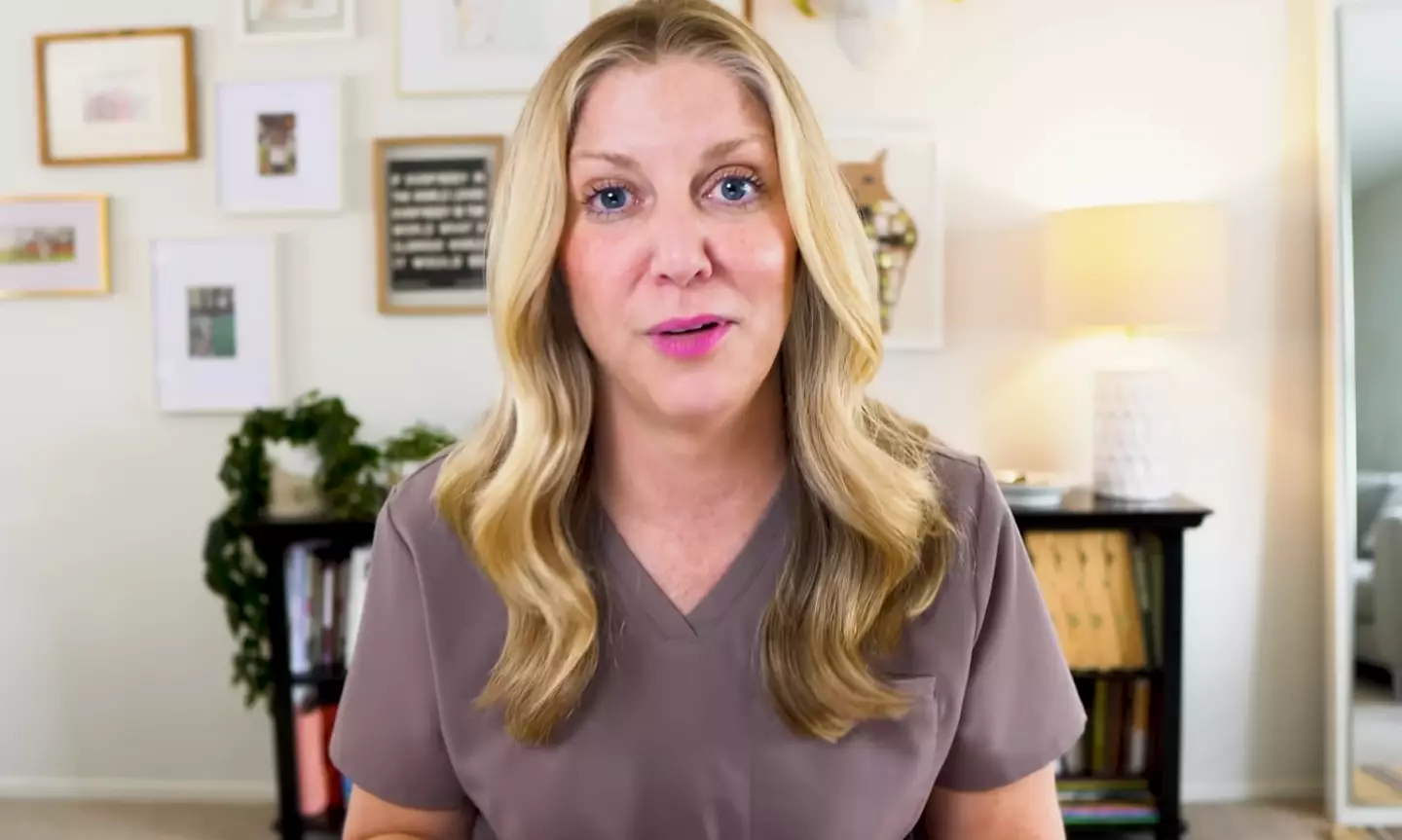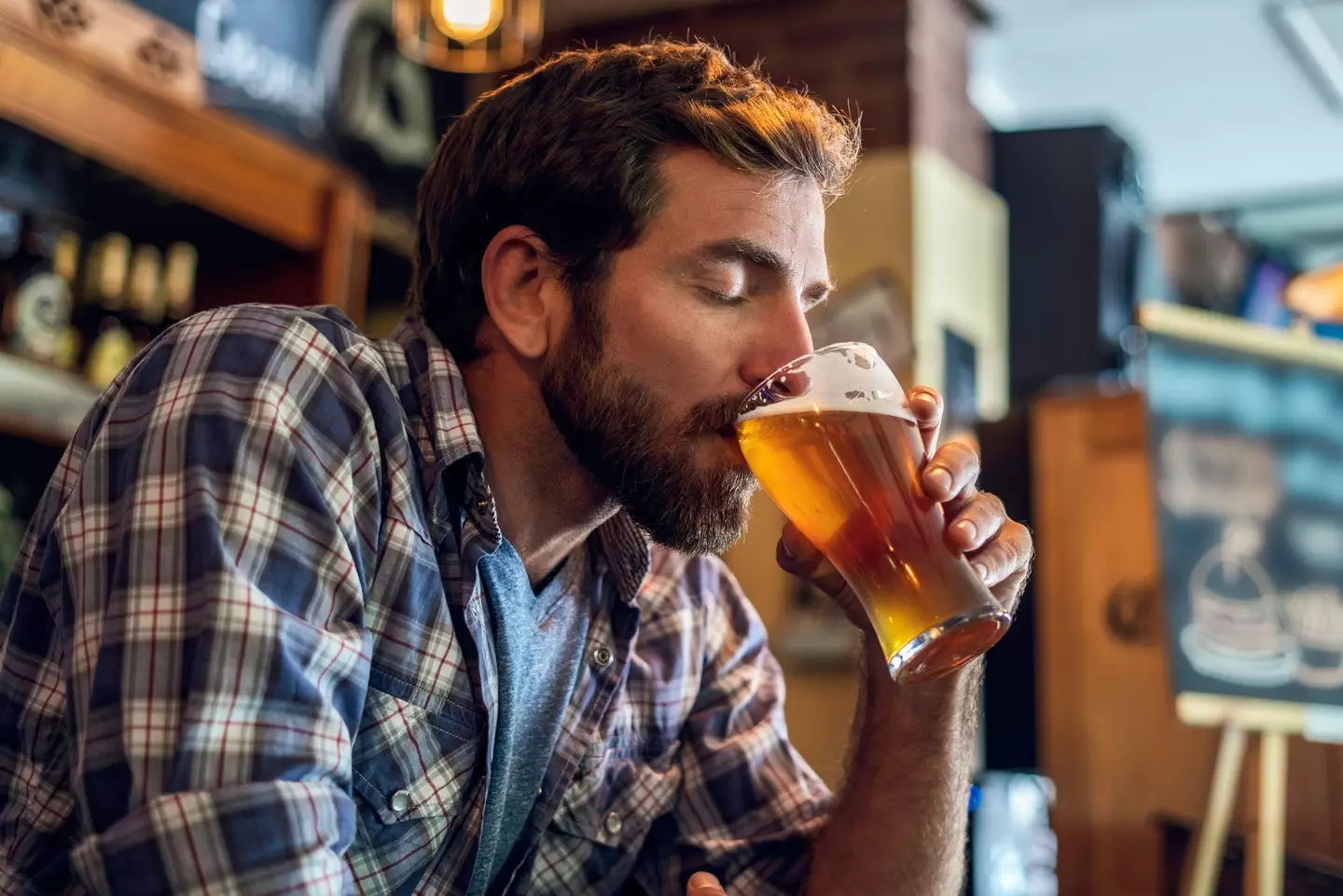A hospice nurse has identified three factors that can reduce life expectancy, and she conscientiously avoids them.
Julie McFadden, who is widely recognized as Hospice Nurse Julie on social media platforms, has amassed a significant following by discussing the intricacies of the dying process.
Many people possess a morbid curiosity about death, and Julie, with her extensive experience, aids individuals in achieving a peaceful end.
Capitalizing on her professional insights, Julie shares her knowledge with her online audience, divulging some of the most unexpected revelations about death.
One notable insight is that unconscious individuals can still hear, prompting Julie to advise: ‘talk to your loved one like they’re there, like they can respond back, even if they cannot’.

In addition, Julie mentions that dehydration can lead to a more peaceful passing.
“Dehydration at the end of life will help you die more peacefully, a dying body cannot handle the hydration that a living body can,” she explained.
“They’ll become fluid overloaded, the heart can’t pump the fluid like it should, it won’t stay intravascular in the person’s veins and arteries, it will cause swelling and respiratory distress.”
In a recent video, the nurse highlighted three lifestyle practices that she believes can shorten a person’s lifespan.
While an occasional drink may not have severe consequences, Julie warns that daily alcohol consumption poses significant risks to one’s liver health and can lead to premature death.
“Our liver is a beautiful organ that does a lot of stuff for us and when it’s not working, it’s bad,” she cautioned.
“I’ve seen enough people die alcoholic deaths, meaning from liver cirrhosis, because of drinking, to know that it is not good. And it is preventable.”

Julie is adamant about avoiding smoking and vaping, noting the concerning trend of increased vaping despite a decline in smoking.
Originally marketed as ‘less harmful’, vaping also poses significant risks to lung health and beyond.
“Vaping is just as bad [as smoking],” she noted, adding: “It affects more than just the lungs. It affects your whole cardiovascular system.”
Julie elaborated: “Even if you don’t get emphysema or COPD [chronic obstructive pulmonary disease] or some kind of lung cancer or lung disorder, you will have cardiac issues. You will have thinning of the lining of your arteries and veins. You’ll have circulation issues.”
She emphasized that witnessing individuals succumb to these illnesses ‘isn’t pretty’.
While not the most popular means of transportation, motorcycles are more common in the US than one might assume.
In 2002, there were 4.3 million registered motorcycles, and this number surged to 8.8 million by 2023, according to the Insurance Institute for Highway Safety. Nonetheless, you won’t find Julie riding one.
“I would not ride an ATV, AKA four-wheeler, or a motorcycle. Helmet or no helmet. No bueno,” she asserted.
Reflecting on her experience as a trauma ICU nurse, Julie noted, ‘you’d be surprised just how prevalent accidents are with these vehicles’.
If you have experienced a bereavement and would like to speak with someone in confidence, contact GrieveWell at (734) 975-0238, or email [email protected].

